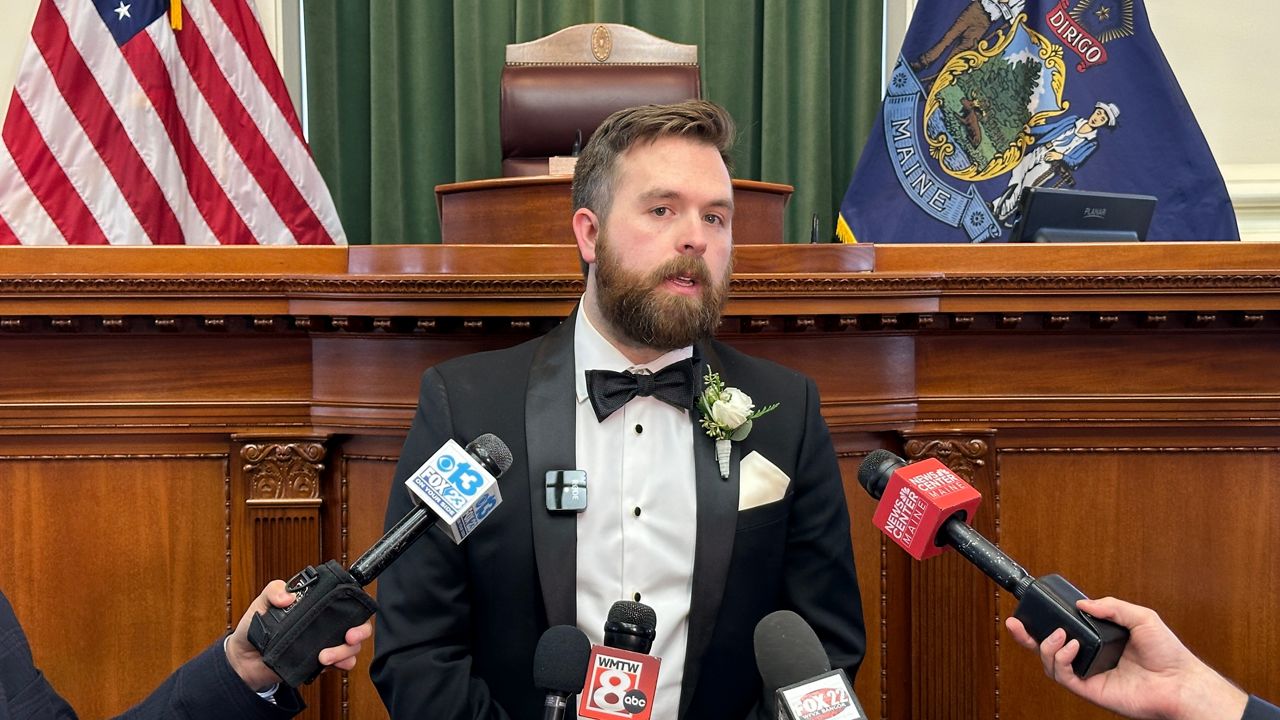AUGUSTA — Following a bruising election cycle, the new Maine Legislature took their oaths of office Wednesday to begin two years of work.
In the Senate, where Democrats hold a 20-15 majority, all members voted unanimously in support of Sen. Mattie Daughtry of Brunswick to serve as president. It’s a particularly significant post in Maine, which does not have a lieutenant governor, so Daughtry is the second highest elected official in the state second only to Gov. Janet Mills.
In the House, where Democrats hold a 76-73 majority with two independents, Republican Rep. Billy Bob Faulkingham of Winter Harbor challenged Rep. Ryan Fecteau (D-Biddeford) for the position of speaker.
After a secret ballot vote, which does not require that the total be announced, Fecteau was declared the winner.
It’s Fecteau’s second stint as speaker. He previously served four years ago.
In his speech to the chamber, Fecteau, 32, said rising costs are top of mind for most Mainers.
“I don’t want families to scrape by I want them to have opportunity,” he said.
And while he said the new session offers a chance for Democrats and Republicans to work together, he said there’s no room for compromise when it comes to civil rights.
“These are not a matter of partisan debate,” he said just moments after acknowledging his husband, who sat behind him. “On these values, there is no compromise.”
The tone in the Senate was more congenial, with Republicans seconding the nomination of Daughtry to serve as president. She delivered a mostly upbeat speech and talked about the “magic” she felt when serving as an honorary page in the House when she was in elementary school.
At age 37, she’s the youngest Senate president in Maine history and is the fourth woman to hold the post.
While acknowledging the struggles many Mainers’ face — including the cost of housing and heat — she said she believes that Maine’s citizen legislature will work “to fix what’s broken.”
As for her big policy initiative, she said she wants to make the Legislature and inclusive and accessible place for all.
“We have to meet Mainers where they are,” she said. “Talk with, not at the people we represent. We need to make government work.”



